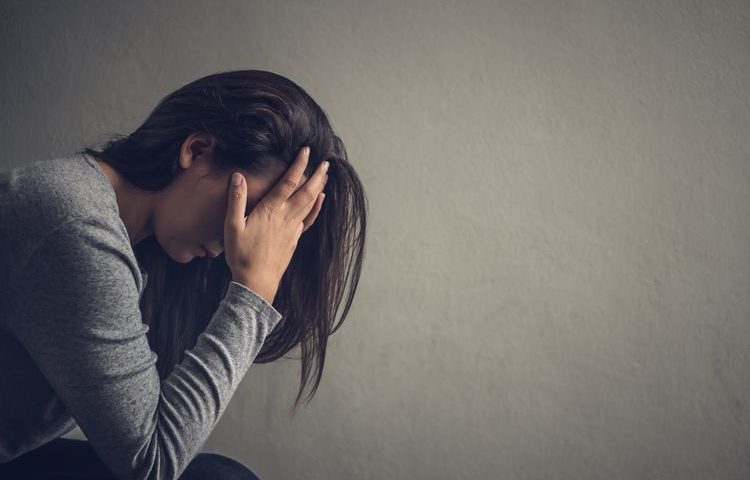
Stress is your body’s normal response to changing, challenging, or demanding circumstances. Stress can be a necessary response temporarily, but long-term stress can be exhausting and unpleasant & may harm your health. There are two types of stress.
When you have chronic stress, your body stays alert, even though there is no danger. Over time, this puts you at risk for health problems, including:
If you already have a health condition, chronic stress can make it worse. Exercise is one of the effective ways to manage psychological and chronic stress and physical therapists are advantaged to provide insight into how it helps and which types of exercise to try.
How exercise help to manage stress?
Exercising is like meditation in that they are focused on moving their body, rather than on stressful thoughts or their to-do lists. Physical activity improves your body’s ability to use oxygen and also improves blood flow. Both of these changes have a direct effect on your brain. Thus, exercise helps in relaxing your mind and body.
Endorphins are mood-boosting hormones that also have a pain-inhibiting effect. Exercise increases your brain’s production of endorphins. This is the sense of well-being and euphoria that many people experience after exercise.
Exercise can improve your sleep quality and some report it assists with insomnia. Sleep is one of the most important habits to maintain for stress management as well as overall health.
Multiple studies have also investigated the positive effects of exercise on symptoms of anxiety and depression. If one of these conditions may be contributing to your stress state, exercise may be one way to help with the management. Of course, consulting with your mental health provider is important if dealing with anxiety, stress, and depression.
What types of exercise help with stress?
Such as circuit training, plyometrics, Tabata-style workouts, or interval running/cycling are likely to produce a similar effect within a shorter period of time.
Walking, cycling, swimming, running, or hiking have shown some of the strongest correlations with decreased stress.
Though demonstrating the lowest correlation with improving stress levels, can increase your body’s ability to perform daily tasks, to tolerate other types of exercise, and can have a positive effect on the prevention of chronic disease.
Yoga or tai chi, often incorporates breathing and meditation which can have a very positive effect on mental health.
It is important to acknowledge that any movement is better than no movement.
Physical Therapists are experts at SOS PHYSIO Rehab. If you have an injury or any limitation keeping you from moving your best, give us a call to see if we can help.